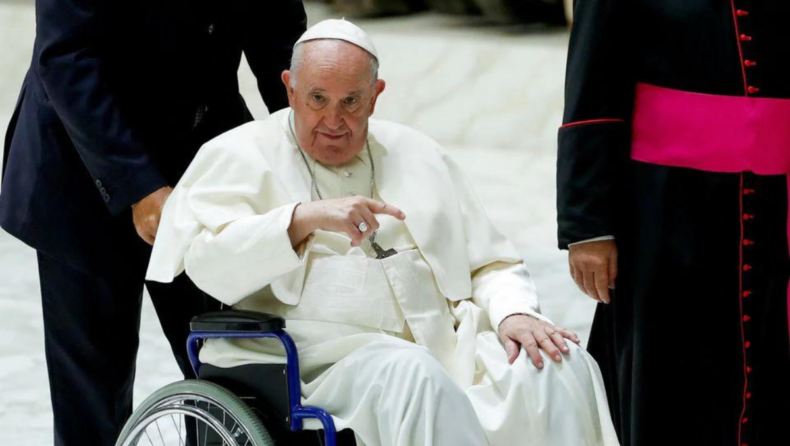By establishing a deadline for the closure of investment portfolios in foreign banks, including those in Italy, Pope Francis took action on Tuesday to remove any opportunity for error or hesitation on the side of Vatican agencies in enforcing tighter financial controls.
In a document known as a “rescripted,” or re-writing, Francis made it plain that starting on September 1, all investments made by all departments must go via the Vatican bank.
One of the cornerstones of a centralization strategy unveiled last month that denies all Vatican ministries the option to spend their assets freely is a bigger role for the bank.
This procedure made it possible for the Secretariat of State to make a direct investment in a London structure that is the subject of a corruption prosecution. The bungled transaction cost 140 million euros ($139.17 million) in losses. Each and every defendant has said they are innocent.
As stated in an article of the Vatican’s new constitution, published on March 19, there are no exceptions to the rule regarding the fundamental function of the Vatican bank, officially known as the Institute for Works of Religion (IOR), according to the papal declaration released on Tuesday.
The Vatican announced a new comprehensive investment policy in July, requiring investments to be moral, environmentally friendly, low-risk, and free of businesses engaged in the production of weapons or in the provision of abortion, contraception, or embryonic stem cells.
The program required Vatican departments to transfer their stock holdings from international banks, including Italian ones, to the IOR, where they would be managed by a division known as the Administration of the Patrimony of the Holy See (APSA).
The pope indicated that certain agencies were stalling by giving a deadline of Oct. 1 in the memo released on Tuesday.
The estimated value of the Vatican’s financial holdings, excluding real estate, is a little under 2 billion euros.
The Vatican formed a body to regulate financial ethics in June. It is made up of four outside lay financial experts from Britain, Germany, Norway, and the United States, as well as Irish-American Cardinal Kevin Joseph Farrell, who is located at the Vatican.
Previous Vatican financial problems were frequently caused by a lack of oversight of financial administrators, who were nearly exclusively Italian and close associates of Vatican leaders.
When talking about finances in an exclusive interview with Reuters last month, Pope Francis used the example of priests who were given the task of managing the department’s finances despite having no financial experience and who, in good faith, sought assistance from friends in the non-financial sector.
The pope referred to an 11-year-old Italian girl from the 14th century who is a representation of innocence in childhood, saying, “But sometimes the friends were not The Blessed Imelda.” Francis attributed previous financial problems to “the structure’s carelessness.”
Read More: Pope rules against investigating Canadian cardinal over sex assault claim













